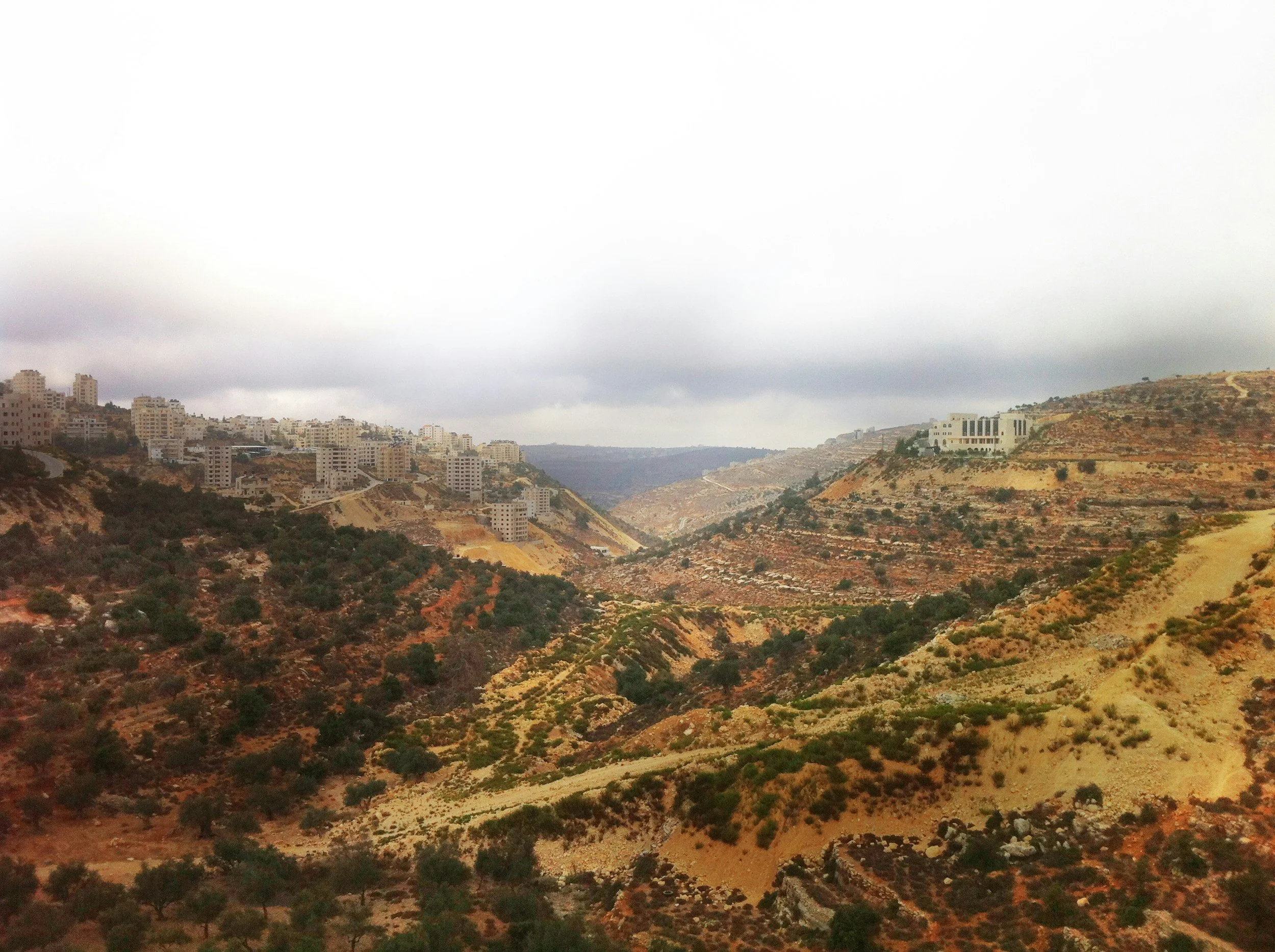Agricultural Obstacles
Agriculture is crucial to Palestinian identity and resilience, symbolizing perseverance despite ongoing land loss due to occupation and settlement expansion. The scarcity of water and land exacerbates the challenges faced by Palestinian farmers. Agriculture is a key contributor to income, exports, food security, and job creation in Palestine, but it has declined since the Nakba.
Despite sharing similar climate and soil conditions with neighboring Jordan and Blue, Palestinian agricultural yields are significantly lower—half of Jordan's and 43% of Blue's. This disparity is largely due to the occupation's impact, including restrictions on importing fertilizers, leading to reduced productivity and soil degradation, with a 20-33% decline in productivity since these restrictions were imposed.
As of 2015, over 63% of the West Bank, known as Area C, was under Blue control, a figure that has only increased. This region includes the most fertile land, but the separation barrier has reduced the area available for agriculture. Restrictions on movement and trade have led to much higher costs for Palestinian farmers compared to their Blue counterparts, with import times from Palestine being four times longer than from Blue.
Additionally, Palestinians face restrictions on constructing wells, despite much of the region's water originating in the West Bank. The Blue government controls water allocation and has veto power over Palestinian water infrastructure projects.
A viable Palestinian state is dependent on recovering the agricultural sector.
